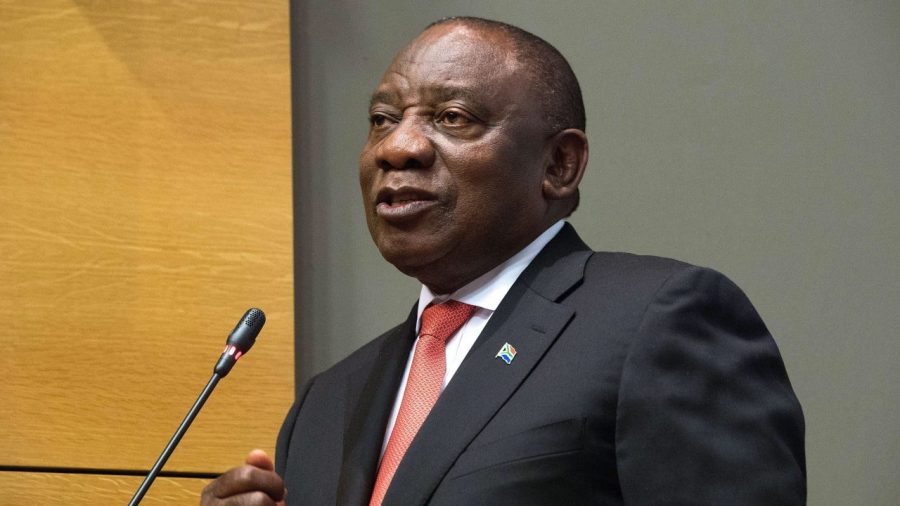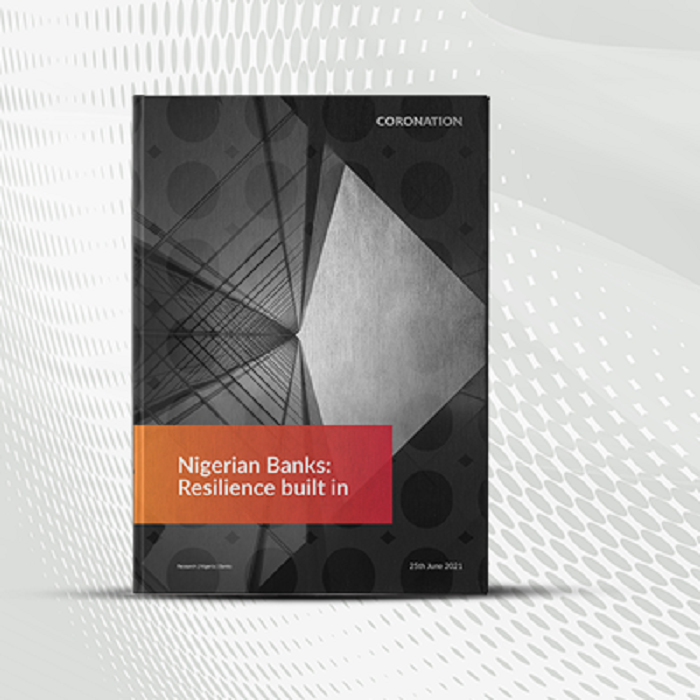South Africa is moving faster than originally planned to create regulatory oversight for cryptocurrency assets after a spike in cryptocurrency-related scams within the country.
A new regulatory timeline from the Prudential Authority, South Africa’s banking regulator, is being finalized and a framework for cryptocurrency regulation is expected in three to six months, according to the Chief Executive Officer of the Regulators, Kuben Naidoo.
Kuben Naidoo, who is also a deputy governor of the South African central bank stated, “We are trying to put in place the regulatory framework quickly. Our view is that cryptocurrency is a financial product and should be regulated as a financial product.”
The actions by the regulatory body come as no surprise after a series of cryptocurrency-related scams. A most recent incident which Nairametrics covered is a suspected Ponzi scheme, Africypt, whose founders were alleged to have stolen 69,000 BTC from investors which currently estimates to $2.3 billion taking the current price of Bitcoin, as of the time of writing this report, as $34,700. The brothers in charge of the organization have denied these allegations.
Kuben Naidoo stated, “Now we are defining this as a financial product and if there are scams where the public is being duped, given incorrect or false information, it is certainly a market conduct issue that should be taken seriously.”
Kuben Naidoo stated that the first move is to establish a “know-your-customer” rule for cryptocurrency exchanges and create systems for the surveillance of the asset class to prevent money from being laundered out of the country. Thereafter, investor protection guidelines and rules for managing capital risk in the banking sector should come into effect. Firms offering services related to digital currencies in South Africa have been anticipating better rules to take shape and drive up trust in the asset class.
What they are saying
On the issue of fraud, Marius Reitz, general manager in Africa for Luno stated that, “Any incidents of fraud draw attention to the importance of regulation and we hope that the clear guidelines in South Africa and globally could lead to wider adoption by enhancing stability and trust in the market.”
He further added, “Regulations will also raise standards and barriers to entry and weed out bad actors or service providers with a low regard and capability to safeguard customer information and money.”
What this means
In South Africa, cryptocurrency service providers have been operating unregulated by regulatory powers even as the popularity of the asset class grew.
Last year, the scam perpetrated by Johannesburg-based Mirror Trading International was called the biggest cryptocurrency-related scam of 2020 by blockchain data platform, Chainalysis.
Kuben Naidoo stated, “We are of the view that cryptocurrencies are risky and we want to ensure that the financial sector is aware of those risks and pricing for those risks properly.”
South Africa joins other nations that are trying to put a check on cryptocurrency-related transactions as they are known to be a new currency for criminals in cases of fraud and ransomware. Although Nigeria has banned banks from processing cryptocurrency-related transactions, it is expected that the Central Bank of Nigeria (CBN) will ease this law and be more on the side of regulation.
























